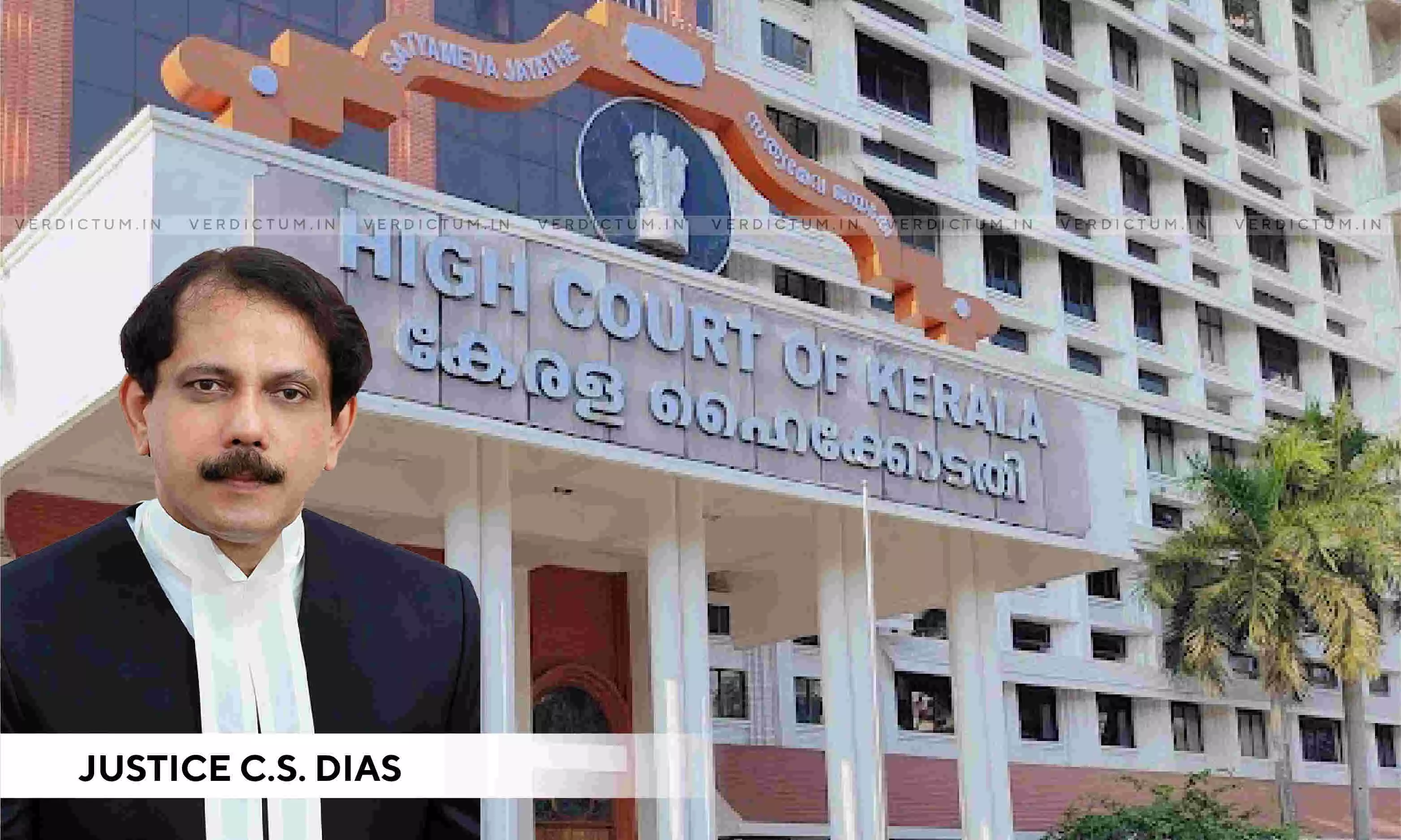
No Specific Material To Substantiate That Deceased Wife Was Mentally & Physically Harassed: Kerala HC Grants Anticipatory Bail To Husband
 |
|The Kerala High Court granted anticipatory bail to a husband while observing that there was no specific material to substantiate that the husband had mentally and physically harassed the deceased wife.
The Court allowed the bail application filed under Section 482 of the Bharatiya Nagarik Suraksha Sanhita, 2023 (BNSS) by the husband who was accused of allegedly committing the offences punishable under Sections 498A and 306 of the IPC. The prosecution had alleged that the accused, who was the husband of the deceased wife, had mentally and physically harassed her, which led to her committing suicide.
A Single Bench of Justice C.S. Dias observed, “After bestowing my anxious consideration to the facts, the rival submissions made across the Bar and the law laid down by the Hon'ble Supreme Court in the afore cited decisions and on prima facie finding that there is no specific material to substantiate that the petitioner had mentally and physically harassed the deceased and has abetted her to commit suicide, I am satisfied that the petitioner has made out convincing grounds to invoke the discretionary jurisdiction of this Court under Section 482 BNSS.”
Advocate P.T. Sheejish appeared for the petitioner, while Senior PP Seetha S represented the respondent.
The prosecution had alleged that the accused had mentally and physically harassed the deceased and abetted her to commit suicide.
The High Court noted that the accused and the deceased had been married for the last 14 years and had four children in their wedlock. “The deceased had not complained about any mental or physical harassment prior to her death. Even on the previous day before the incident, the petitioner, the deceased and their younger child went to visit the uncle of the petitioner, who was discharged from hospital. They spent the night together,” it further noted.
“It seems that it was due to the reason that the petitioner and uncle had consumed alcohol that night, the deceased turned upset and then took the extreme step of taking away her life,” the Bench remarked.
The Court referred to the Supreme Court’s decision in Chitresh Kumar Chopra v. State ( Govt. of NCT of Delhi) (2009), wherein it was observed that “to attract abetment, there should be an intention to provoke, incite or encourage doing of an act by the latter. Each person’s suicidable pattern is different from others. Each person has his own idea of self–esteem and self-respect.”
The Court, therefore, held that the accused was entitled to an order of pre-arrest bail, subject to the condition that he co-operated with the Investigating Officer.
Consequently, the Court held that “on prima facie finding that there is no specific material to substantiate that the petitioner had mentally and physically harassed the deceased and has abetted her to commit suicide, I am satisfied that the petitioner has made out convincing grounds to invoke the discretionary jurisdiction of this Court under Section 482 of the BNSS.”
Accordingly, the High Court allowed the application.
Cause Title: Romi KJ @ Romy v. State of Kerala (Neutral Citation: 2024:KER:74358)
Appearance:
Petitioner: Advocates P.T. Sheejish, A. Abdul Rahman, Parvathy S. Manoj, Amrita Safal M. and Yoosuf Safwan T. Ajmal
Respondent: Senior PP Seetha S